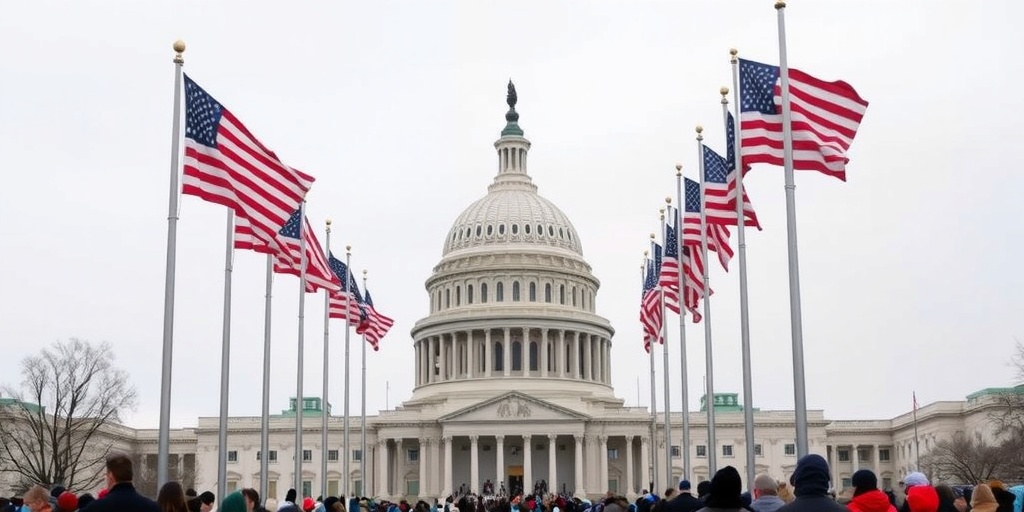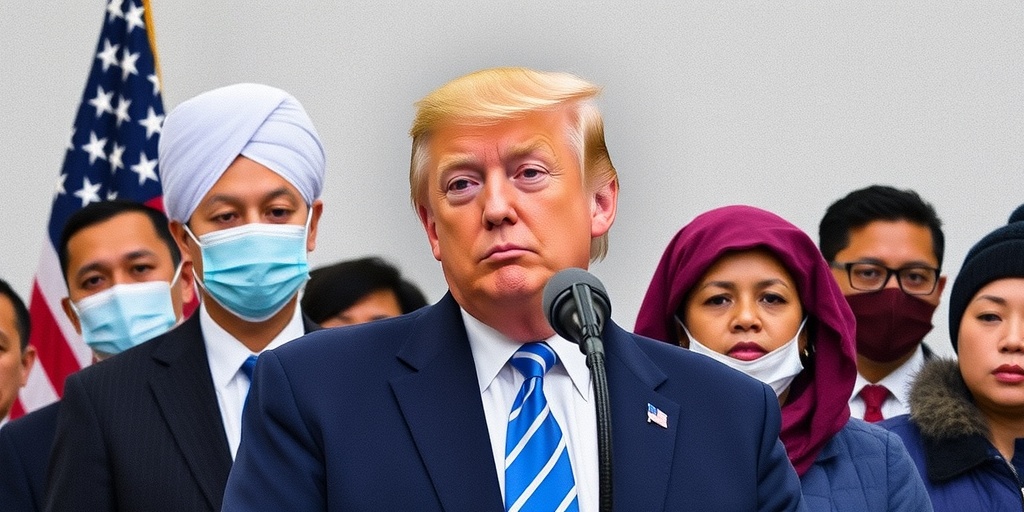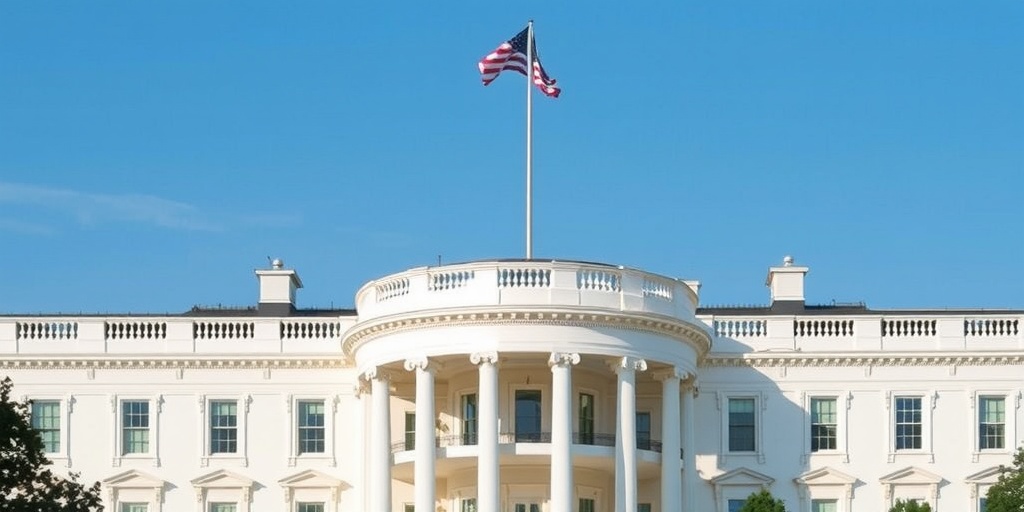Now Reading: Justices to Review Trump’s Bid to Lift Birthright Citizenship Order Pause
-
01
Justices to Review Trump’s Bid to Lift Birthright Citizenship Order Pause
Justices to Review Trump’s Bid to Lift Birthright Citizenship Order Pause
Supreme Court to Review Birthright Citizenship Directive Amid Ongoing Legal Challenges
In a major development regarding immigration policy, the Supreme Court has requested responses from states and organizations contesting the constitutionality of President Trump’s recent executive order that seeks to eliminate birthright citizenship for children born to undocumented immigrants and foreign residents. This request, which came on a Friday afternoon, indicates that the justices are preparing to evaluate a request from the Trump administration to lift a nationwide suspension of the policy while legal challenges continue to unfold.
The controversy at the heart of this case revolves around a legal mechanism known as a nationwide injunction. This tool permits federal judges to temporarily block a policy across the entire country, rather than restricting the injunction only to the parties involved in the lawsuit. The Trump administration has expressed strong opposition to the use of nationwide injunctions, claiming it hampers the federal government’s ability to enforce its laws effectively. This debate over such injunctions has persisted across multiple administrations, both Democratic and Republican, and reflects broader tensions regarding judicial power in relation to executive authority.
The Supreme Court’s decision to address this emergency application represents a significant escalation in the ongoing legal dispute surrounding Trump’s birthright citizenship order. The Court could have opted to dismiss the application outright but instead chose to request responses by the afternoon of April 4, signaling its intent to engage with the case more deeply.
The executive order, issued shortly after President Trump’s return to the White House, sparked immediate backlash and a series of legal challenges from various quarters, including several states and civil rights organizations. Federal courts in Maryland and Washington State, among others, have responded by issuing nationwide injunctions halting any attempt to implement the directive. Recently, a federal judge in New Hampshire also granted a similar injunction, demonstrating a pattern of judicial resistance to the administration’s policy.
At the crux of Trump’s order is a significant change in how citizenship is granted in the United States. The directive asserts that children born in the U.S. would not automatically receive citizenship if they do not have at least one parent who is a U.S. citizen or a legal permanent resident. This policy would directly affect children born to parents who have entered the country without authorization, influencing a wide range of families across the nation.
The implications of such a policy are profound. If allowed to take effect, the order could deny citizenship to countless children born to undocumented immigrants in the 28 states and U.S. territories that have not joined the legal challenges against the directive. This could create not only immediate ramifications for those families but also lead to longer-term societal divides.
As the justices consider the Trump administration’s request, they also have the opportunity to review the fundamental question of whether the Constitution guarantees birthright citizenship. Even if the Court ultimately rejects the administration’s request, they may still engage with this crucial aspect of the case as litigation progresses through the lower courts.
This situation underscores the contentious and complex nature of immigration policy in the United States, particularly regarding birthright citizenship — a long-standing practice that many in the country have come to view as an essential element of American identity. The Supreme Court’s forthcoming decisions on this matter could shape the discourse surrounding citizenship, immigration, and the balance of powers in government for years to come.
In summary, the ongoing legal challenges to President Trump’s executive order on birthright citizenship have reached a crucial turning point with the Supreme Court’s engagement. As judges across the nation impose injunctions against the policy, the justices will not only decide on the immediate request to lift these holds but also on the broader question of citizenship rights as outlined in the Constitution. What unfolds in the coming weeks and months will undoubtedly have lasting effects on America’s approach to immigration and citizenship, resonating through future policy discussions and judicial rulings alike.
Stay Informed With the Latest & Most Important News
Previous Post
Next Post
-
 01New technology breakthrough has everyone talking right now
01New technology breakthrough has everyone talking right now -
 02Unbelievable life hack everyone needs to try today
02Unbelievable life hack everyone needs to try today -
 03Fascinating discovery found buried deep beneath the ocean
03Fascinating discovery found buried deep beneath the ocean -
 04Man invents genius device that solves everyday problems
04Man invents genius device that solves everyday problems -
 05Shocking discovery that changes what we know forever
05Shocking discovery that changes what we know forever -
 06Internet goes wild over celebrity’s unexpected fashion choice
06Internet goes wild over celebrity’s unexpected fashion choice -
 07Rare animal sighting stuns scientists and wildlife lovers
07Rare animal sighting stuns scientists and wildlife lovers



















